Sudanese suffer from shortage of liquidity
Sudanese banks and forex exchange offices witnessed an acute shortage of liquidity on Thursday. The Minister of Finance pledged to tackle the situation before the end of Ramadan. Economists strongly criticise the recently adopted Foreign Exchange Regulation Bill. The exchange rate of the Dollar in the black market rose to SDG 39 on Friday.
The scarcity of cash in the country led to the automatic shutdown of ATMs as well on Thursday.
In a statement to the parliament, Finance Minister Mohamed El Rikabi said arrangements have been made with the Central Bank of Sudan to resolve the liquidity problem as soon as possible.
He pledged to solve the crisis and enable citizens to cash their money in the coming days to meet the needs of Eid El Fitr.
 Minister of Finance and Economic Planning, Dr Mohamed El Rikabi (SUNA)
Minister of Finance and Economic Planning, Dr Mohamed El Rikabi (SUNA)
Sudanese banks and forex exchange offices witnessed an acute shortage of liquidity on Thursday. The Minister of Finance pledged to tackle the situation before the end of Ramadan. Economists strongly criticise the recently adopted Foreign Exchange Regulation Bill. The exchange rate of the Dollar in the black market rose to SDG 39 on Friday.
The scarcity of cash money in the country led to the automatic shutdown of ATMs as well on Thursday.
In a statement to the parliament, Finance Minister Mohamed El Rikabi said arrangements have been made with the Central Bank of Sudan to resolve the liquidity problem as soon as possible.
He pledged to enable the people to cash their money in the coming days so that they will be able to meet the needs of Eid El Fitr.
The minister reported an increase in the country's external debts as well. “The economy is suffering from big problems with foreign debts exceeding $50 billion.”
He further mentioned six basic commodities “that costs the government $ 1.6 billion to import”: wheat, fava beans, rice, lentils, sugar, and cooking oils.
He attributed the inflation rate of 54.1 per cent during the first quarter of this year to the soaring food prices – which account for 56 per cent of the inflation rate.
Sudan’s inflation rate hit a record 57.6 per cent in April, compared with 55.6 per cent in March.
Banknotes
Last week, the Central Bank of Sudan announced the launch of a new banknote of SDG 50, worth $1.77*, in the coming period. It explained the decision by stressing the leakage of counterfeit currency for trading that has increased liquidity in Sudan.
In early February, the then State Minister of Finance Abdelrahman Dirar admitted to members of the parliament that the Finance Ministry does not control the exchange rate of the Sudanese currency and the soaring prices in the country.
This high price volatility in general does not occur in countries with a trade deficit such as Sudan, he said.
He acknowledged that billions of Pounds were printed in the past years. The extra banknotes were spent to support the wheat, fuel, and electricity needs of the Sudanese.
A week later, President Omar Al Bashir stressed the need to continue to absorb liquidity so as to reduce the cash mass outside the banking system and to halt the Sudanese currency’s downward slide against the US Dollar. The Ministry of Finance announced that it would continue to reduce the circulation of money among the public for seven more days.
Indicative exchange rate
In an attempt to halt the plummeting Pound on the black market, the Sudanese government raised the customs rate of the US Dollar from SDG 6.7 to an indicative SDG 18 in early January.
The prices of basic commodities immediately doubled and in some cases tripled. The measure also led to the halting of incoming and outgoing traffic at the Port Sudan harbour, as suppliers refused to have their goods cleared.
The Dollar rate however, continued to rise. The greenback sold for SDG 42 on the parallel forex market in early February – against SDG 28 a month earlier
On February 5, the indicative exchange rate of the US Dollar was raised again, from SDG 18 to SDG 30. The prices of wheat and sorghum jumped again.
Dr Hasan Bashir, a professor of economics at Sudan’s El Nilein University told Radio Dabanga in early May that the new measures constituted “a blow to the Sudanese economy”.
He pointed to the raising the indicative Dollar price “without taking into account the need to provide reserves of foreign currency to meet the increasing demand for liquidity”.
On Friday, the Dollar rate rose to SDG 39 again in the Khartoum black forex market.
‘Financial facilities’
According to Economic Analyst Hafiz Ismail, the government's decisions to criminalise dealing with foreign currency contradict its opening-up policies towards global financial and economic institutions.
Ismail sharply criticised the recently adopted Foreign Exchange Regulation Bill, which includes harsh penalties for foreign currency traders, ranging from 10 to 15 years imprisonment.
He told Radio Dabanga on Friday that Khartoum is seeking financial facilities from the International Monetary Fund and needs to meet many conditions and criteria to obtain them.
Last week, Economic Researcher Dr Haytham Fathi described the new bill as harmful to the national economy.
According to Fathi, the best way to solve “the economic problem that the country is going through now is to increase production and productivity to upturn the volume of exports and replace imports to support reserves of the country of foreign exchange with the reduction of government spending to the maximum degree”.
* Based on the indicative US Dollar rate quoted by the Central Bank of Sudan (CBoS)











 and then
and then